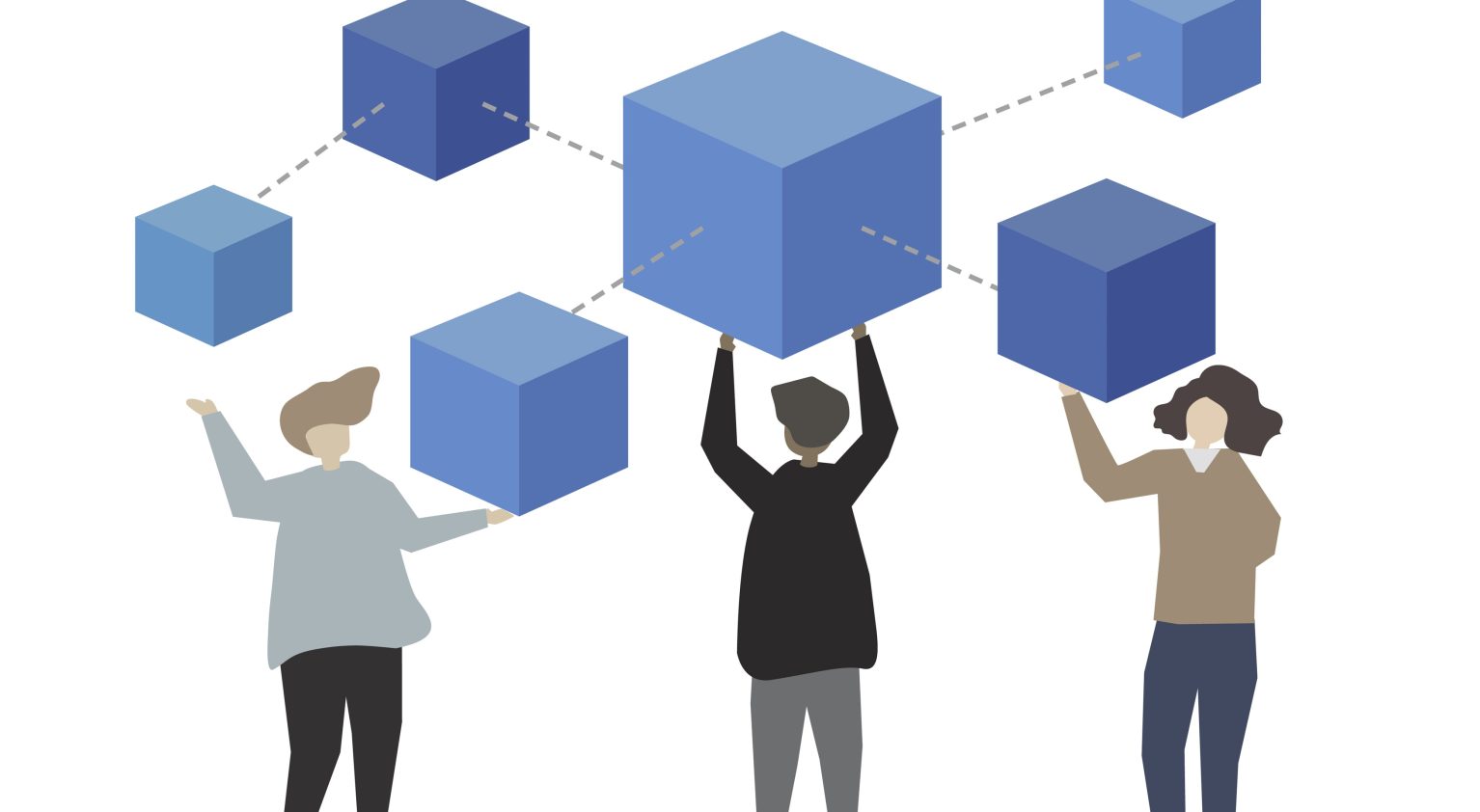
Nottinghamshire’s ‘United Nations of Analytics’
Nottinghamshire Integrated Care System’s Population Health Management (PHM) Programme Director, Maria Principe, and Executive Lead, Andy Haynes, discuss how bringing together the skills of data analysts from across the county is helping individual partners to see the wider health and care picture.
Necessity may be the mother of invention, but it’s also a driver to implement existing good ideas at speed. In Nottinghamshire, the integrated care system (ICS) partners had already been considering the idea of a core analytics function or data cell, and Covid-19 provided a real world moment in time when such a resource was truly needed.
The arrival of the pandemic helped all the partners to see the power of what such a team could achieve, and we went ahead to create a ‘United Nations of Analytics’, linking the skills of data analysts across all our local organisations. The aim was to pool the talent available to us and create data analysis that not only helps individual organisations, but also brings together data in a meaningful way across patient and citizen pathways.
Analysing the local Covid-19 response
The work of the data cell is designed to inform decision-making, with no agenda other than to understand what the data says. The initial questions addressed included whether the area has enough ventilator beds, its mortuary capacity, mental health capacity, and the future impact of the pandemic on the frail.
The team also carried out modelling for care homes and discharges, which meant engaging with care homes as well as hospitals. This gave social care teams at Nottinghamshire County Council the confidence to know that the additional arrangements they had put in place were suitable to cope with the number of people needing support. This expanded the remit to include areas such as social care, followed by work on the expected mental health impact of the pandemic and lockdown.
The remit is developing as time moves on, from assessing the immediate crisis to planning for recovery. The conversation has developed along with the maturity of the data cell, as people become more confident in its output.
Key to this has been the development of the regular Covid-19 briefing, shared with all partners, which includes information on local deaths and excess deaths, including at a district/borough level, mobility reports, NHS 111 data, local demand on ambulance services, Nottingham and Nottinghamshire’s R numbers and prevalence of Covid-19. The briefing has increased confidence across the partners because the data is accurate – we have checked the model against real world data, adjusted for local data as we go, and made sure we communicate the data in ways that reflects reality.
Working with partners
Organisations such as Experian, universities and research teams have been involved in data collation nationally, and we have also started conversations with a number about how we can boost our work locally.
We are now working with Experian as well as the two Nottingham universities on mental health. For example, Experian is looking at the impact on the population of mental health issues arising from the pandemic. We realise that everyone is impacted at some level, and Experian’s data will help highlight the families on the breadline who may, for example, be furloughed and then made redundant, which will cause greater anxiety and add to inequalities. This kind of information is crucial to help local authorities judge their response to people’s needs.
The data cell team has also been working across partners through the wave of the virus – the impact on acute care, intensive care units and general beds, through to the community, care homes and GPs.
Future planning
As the ICS starts planning the recovery phase, the data cell will help us better address health inequalities, and provide a greater understanding of the shared agenda. This will galvanise how we take forward work on the wider determinants of health. Click here to read our top tips for population health management.
Instead of each organisation carrying out its own analysis, partners can now come together to share information and data along a pathway, with analysis and reporting that is trusted across multiple organisations. Where individual analysts were previously siloed due to organisational boundaries, they are now working together in an agile way and their analysis is being used to drive decision-making within the system.
We have some really capable analysts working in the NHS, who have worked with others such as the experts at Imperial College Health Partners (ICHP) and have really held their own. This new focus on data analytics has empowered and encouraged our teams. The time pressure inherent in a pandemic response has also allowed them to show their true worth, providing data analysis that is current and reflects the real world situation.
In the beginning there was a certain level of willingness across partners to go ahead with a linked data cell, but its value has been proven beyond doubt in recent times. In Nottinghamshire we already had the benefit of eHealthscope and our ‘GP Repository for Clinical Care’, which pulls together primary, community, secondary and social care data and which all our GPs are signed up to (click here to find out more). The new team is using this data set to accelerate work and remove boundaries – while the individuals in the team of around a dozen analysts are still employed by their individual organisations, they now also work on projects that have a system benefit.
By continually asking ourselves what the data means, and how it helps, we support all the partners to understand the analysis and to make decisions based on a real world picture across the system, working as one.
